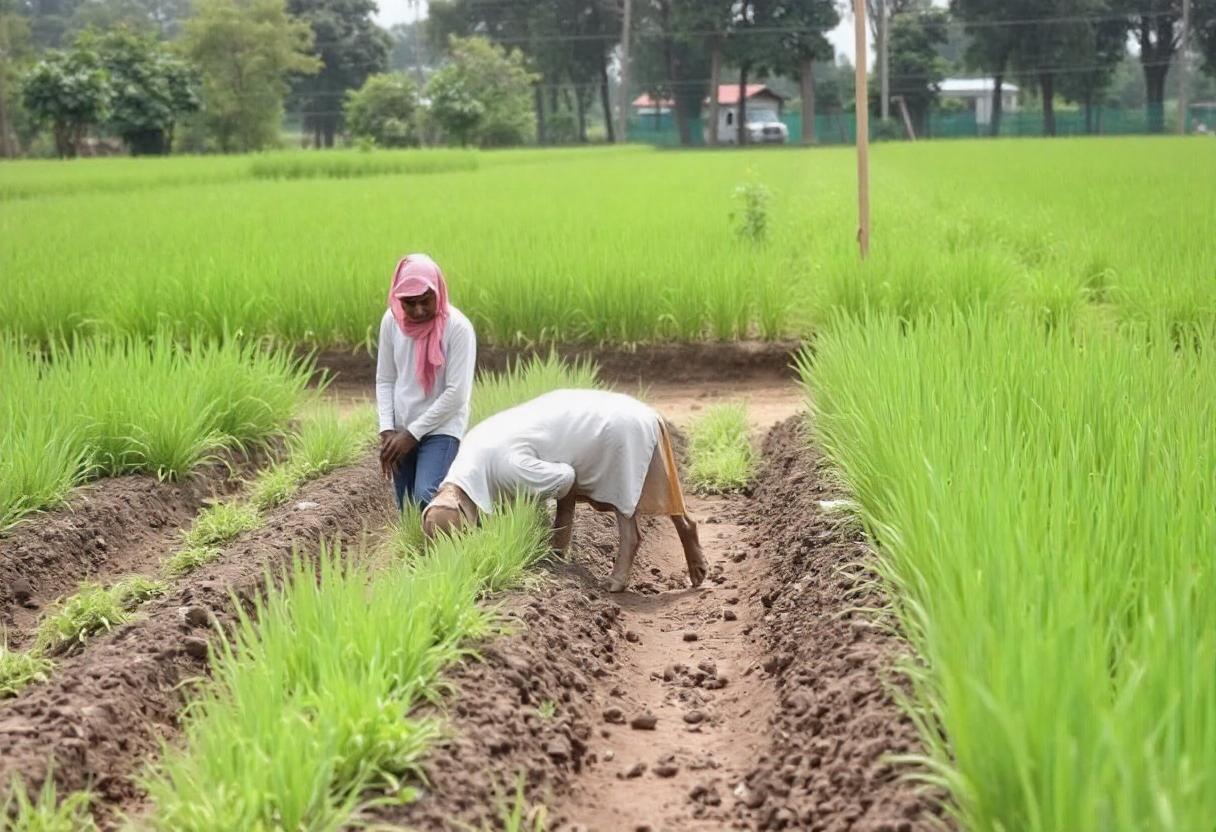
Introduction
Agricultural monopolies refer to the dominance of a single or a small group of corporations in the agricultural sector, controlling significant aspects of production, distribution, and pricing. While these entities can benefit from economies of scale and contribute to feeding the world’s population, their rise has often come at the expense of small farmers. The impact of agricultural monopolies on small farmers is profound and multifaceted, affecting their livelihood, market access, and overall sustainability.
Limited Access to Markets
One of the most significant impacts of agricultural monopolies on small farmers is the limited access to markets. Monopolies tend to dominate the supply chains and distribution channels, leaving little room for small-scale farmers to compete. They often have established contracts with large retailers and can offer lower prices due to their vast resources, squeezing out smaller producers who cannot compete on price. This forces small farmers to rely on local markets, which are often less profitable and more unpredictable.
Price Manipulation and Decreased Profit Margins
Agricultural monopolies often have the power to set prices across various sectors of the market. This leaves small farmers vulnerable, as they are forced to accept lower prices for their produce. The monopolistic control over seeds, fertilizers, and other agricultural inputs also allows these corporations to set high prices for the products farmers need to maintain their crops, leading to decreased profit margins for small farmers. They may find themselves caught between high production costs and low selling prices, leading to financial instability.
Dependency on Monopolistic Supply Chains
Small farmers often find themselves dependent on monopolistic supply chains, particularly in sectors such as seeds, fertilizers, and pesticides. Many agricultural monopolies have consolidated their control over these essential inputs, leaving small farmers with limited choices. For example, the dominance of genetically modified seeds by a few large corporations has forced many farmers to purchase seeds each year instead of saving them, increasing their operational costs. This dependency reduces their autonomy and ability to innovate, locking them into a system that is difficult to escape.
Reduced Bargaining Power
The consolidation of power within agricultural monopolies reduces the bargaining power of small farmers. Large corporations can negotiate favorable terms with suppliers and buyers, but small farmers lack the resources to do so. As a result, they are often at the mercy of middlemen, who may exploit their vulnerable position by offering unfair terms. This power imbalance leaves small farmers with little room to negotiate prices, resulting in further financial pressure.
Environmental and Social Consequences
Agricultural monopolies often promote farming practices that are not always in the best interest of small farmers or the environment. The push for monocultures and large-scale industrial farming practices can lead to soil degradation, loss of biodiversity, and over-reliance on chemical inputs. Small farmers, who may prefer more sustainable and diverse agricultural methods, are often marginalized in this system. Additionally, the social consequences of agricultural monopolies can be devastating, as small farmers may be forced off their land, leading to rural depopulation and the breakdown of traditional farming communities.
Barriers to Innovation and Sustainability
Agricultural monopolies can stifle innovation among small farmers by creating barriers to the adoption of new, sustainable practices. The focus on large-scale, profit-driven farming often leaves little room for the development of alternative agricultural methods that prioritize sustainability and ecological balance. Small farmers, who may be more willing to experiment with agroecological practices or organic farming, find it difficult to compete with the vast resources of agricultural monopolies, hindering their ability to innovate.
Government Influence and Policy Shifts
Agricultural monopolies often have significant influence over government policies and regulations, further disadvantaging small farmers. Through lobbying efforts, these corporations can shape agricultural policies that benefit their interests, such as subsidies, trade agreements, and regulations that favor large-scale farming. Small farmers, who lack the financial and political clout to influence policy, are often left at a disadvantage. These policy shifts can result in reduced access to credit, insurance, and other forms of support for small farmers, exacerbating their vulnerability in the face of monopolistic control.